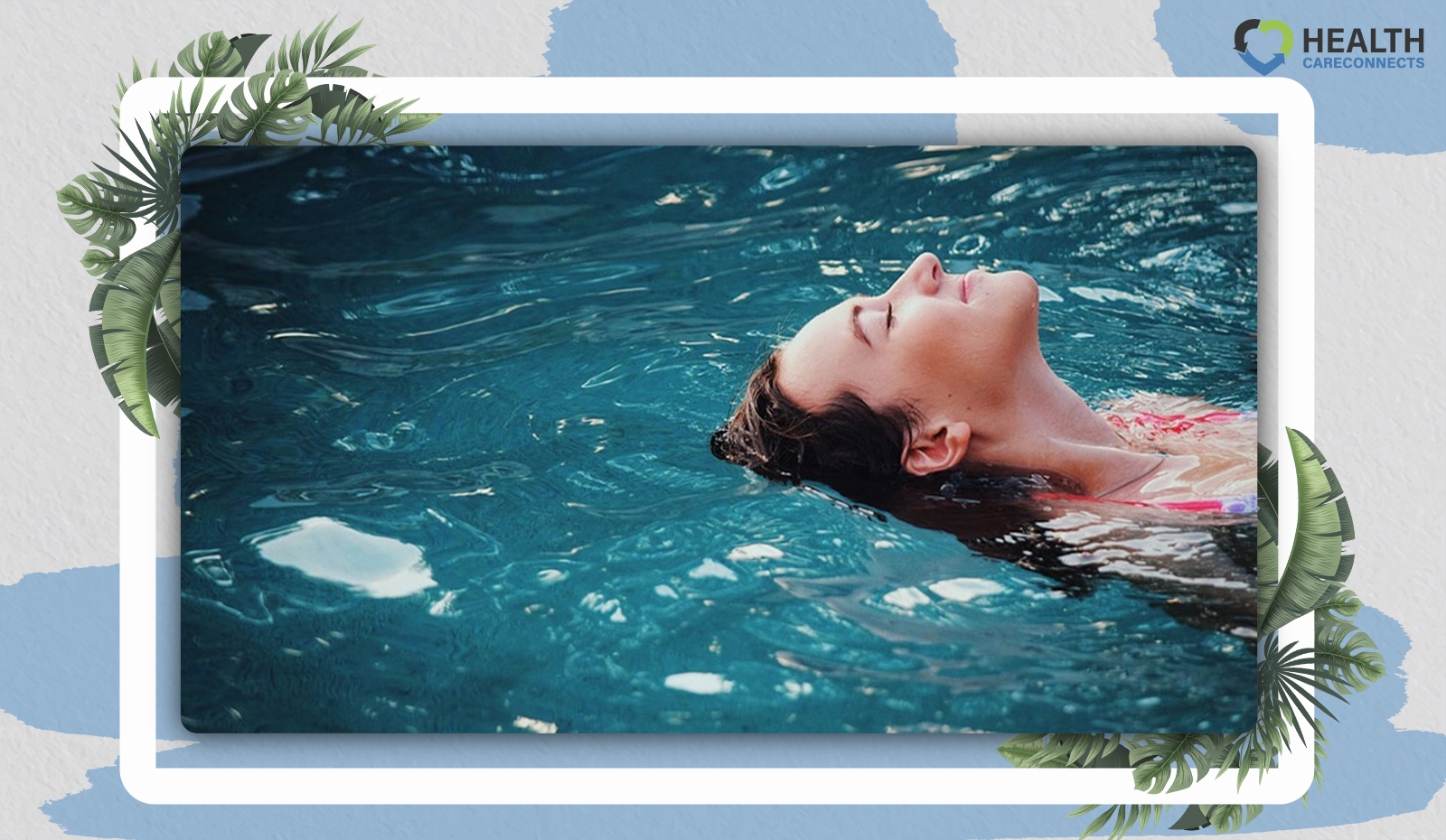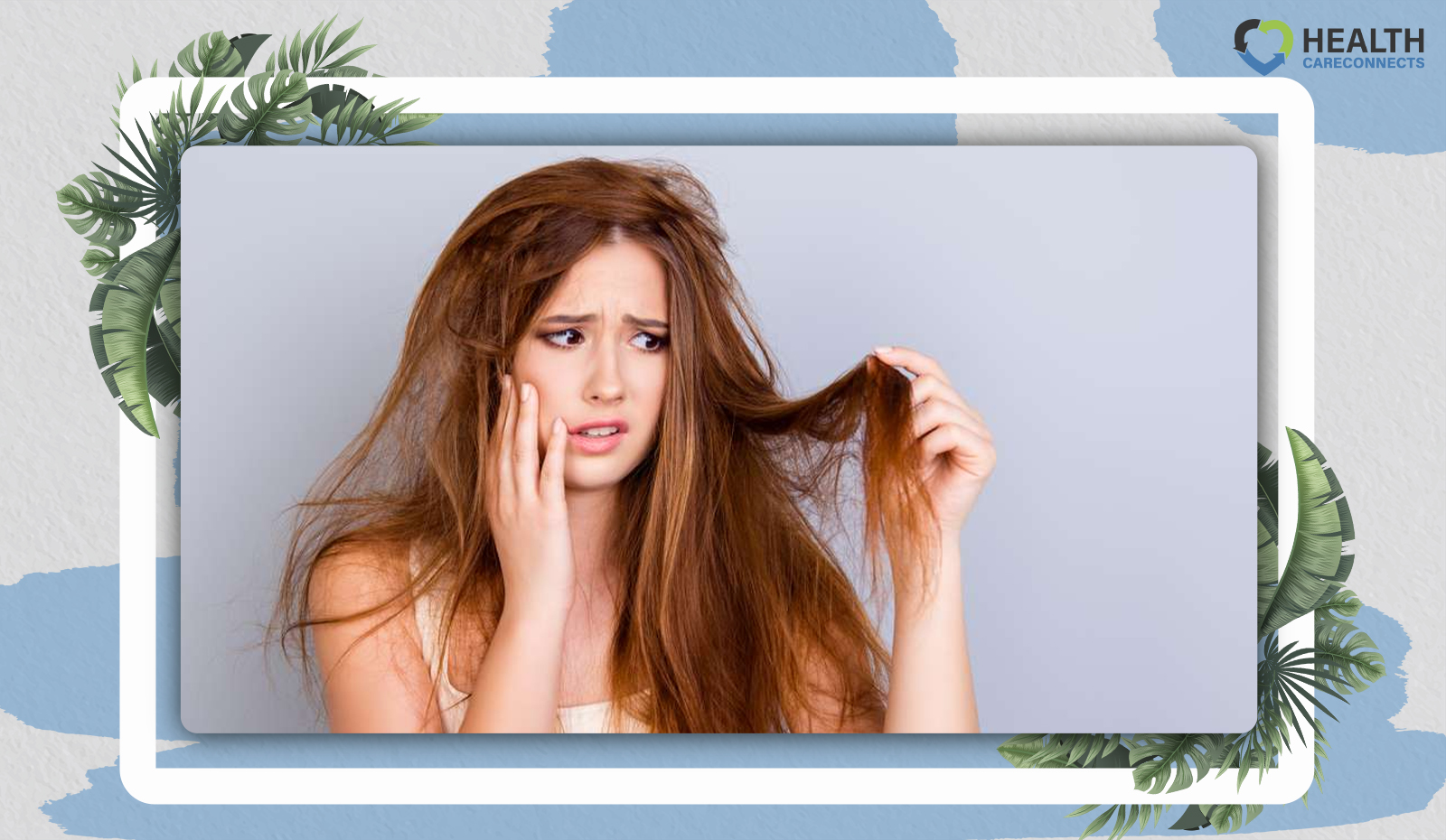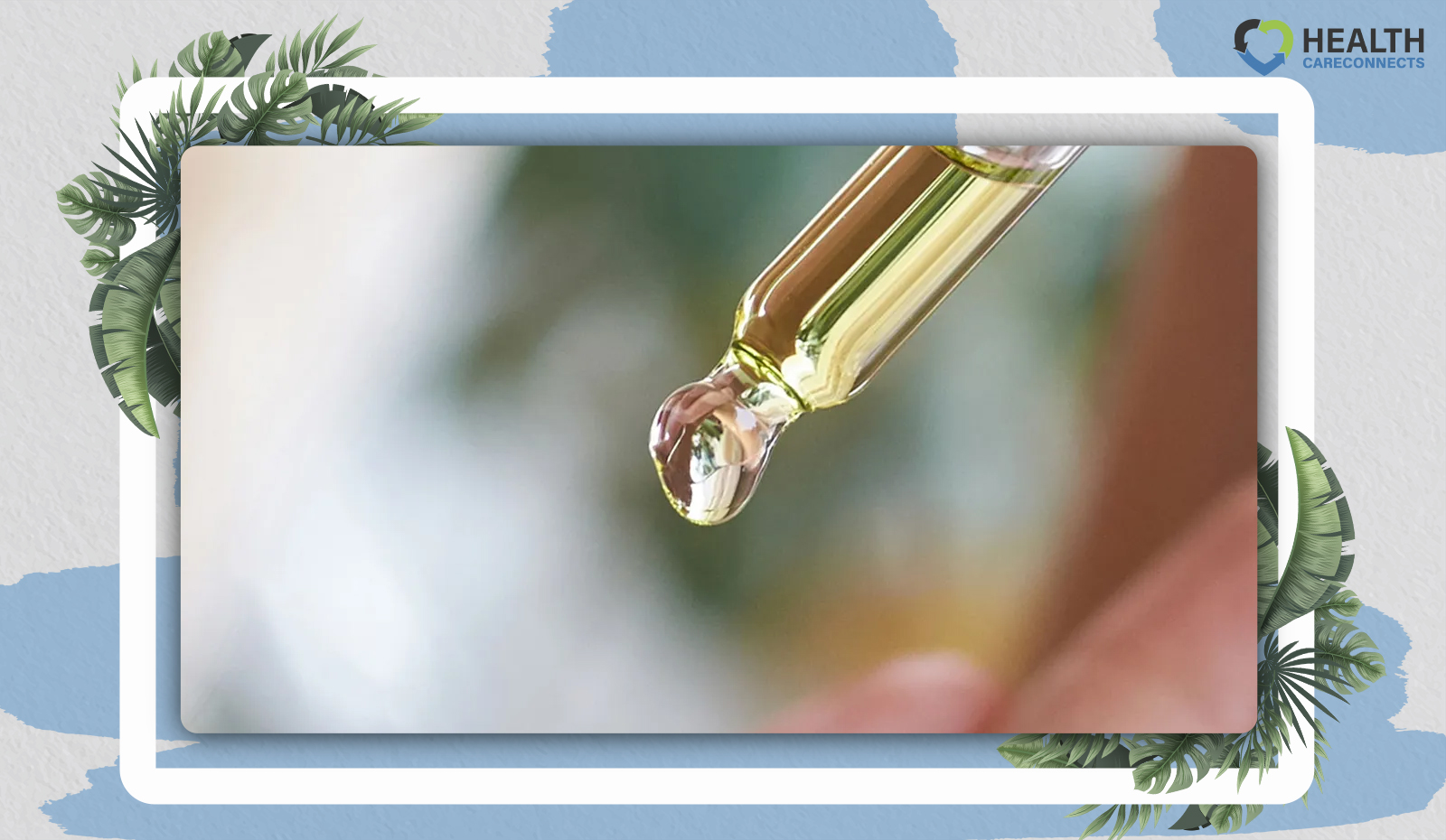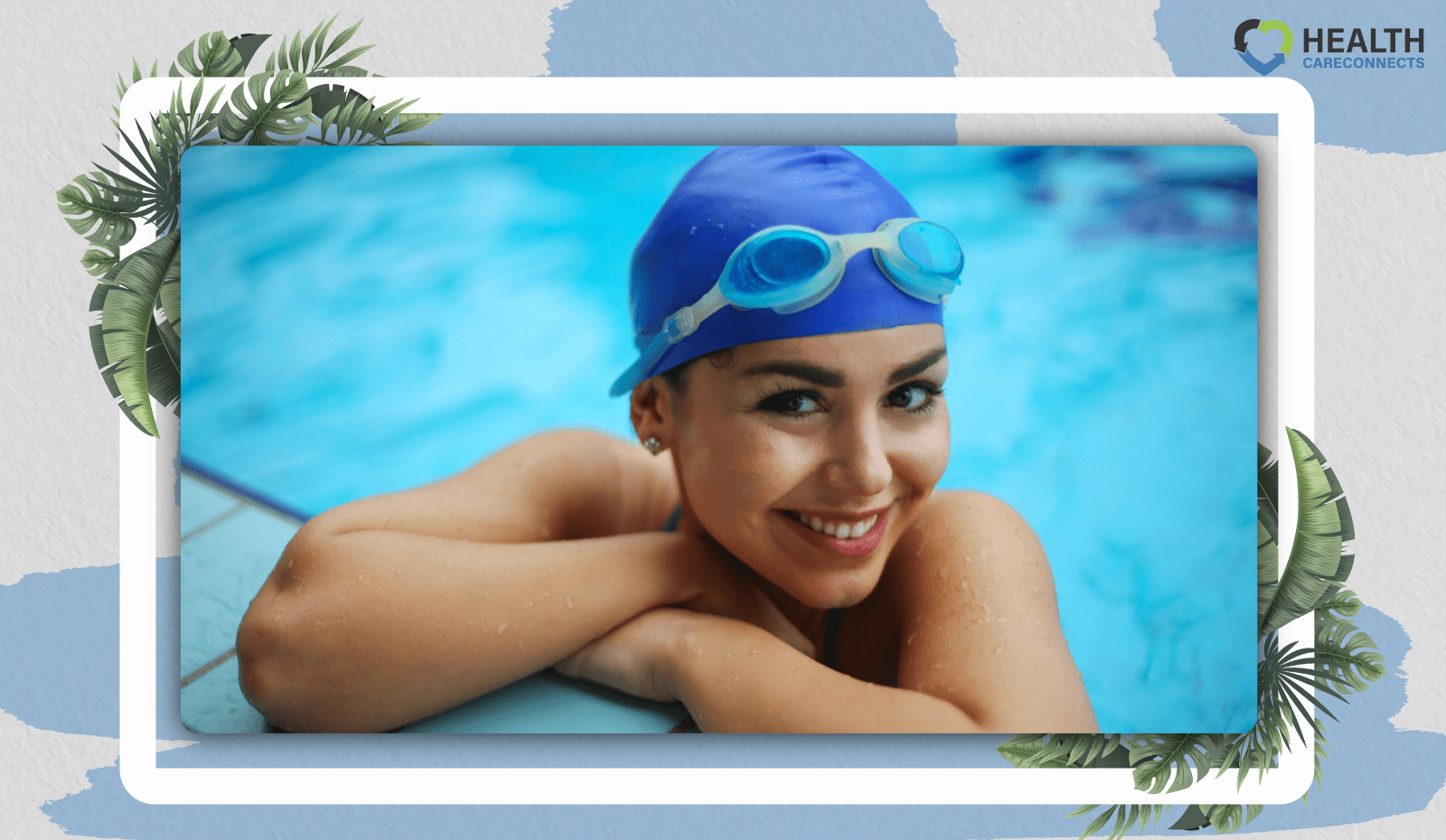Chlorine is widely known for its adverse effects on dyed hair, but it can actually harm all hair types. Learning how to protect your hair from chlorine is crucial, particularly for frequent swimmers or those who swim daily.
This article will explore the ways chlorine can damage your hair, provide expert tips on how to minimize or prevent this damage, and suggest methods to repair hair that has already been affected by chlorine exposure.
Is Chlorine Bad for Your Hair?
Chlorinated water can make your hair dry and weak, leading to breakage. While regular tap water contains chlorine, it usually doesn’t have enough to cause problems during normal showers.
However, the higher amount of chlorine in pools can damage your hair and skin with frequent exposure.

What Are the Bad Effects of Chlorine on Your Hair?
Swimming pool chlorine is essential for killing bacteria, but it can seriously damage healthy hair if you swim often.
Chlorine strips the natural oils (sebum) your body produces to protect your hair. In addition to irritating your skin and scalp, chlorine can cause your hair to:
- Crack and split
- Lose its natural moisture
- Change its natural or dyed color
- Weaken, leading to split ends

Casual swimmers usually don’t notice these effects. For example, a yearly dip in the pool during a holiday won’t significantly affect your hair’s health.
However, frequent swimmers, regardless of how often they swim, can experience more damage if they have:
- Thin or fine hair
- Color-treated hair
- Bleached hair
- Chemically-treated hair
- Dry hair
- Hair with existing damage
Whether you swim regularly or every day, you should know how to protect your hair from the harmful effects of chlorine, regardless of your hair color or hair type.
How to Protect Your Hair from Chlorine?
Here are our top tips for protecting your hair from the damaging effects of chlorinated pool water:
Rinse Hair with Water Before and After Swimming
Your hair is like a sponge—when dry, it absorbs any liquid around it, including chlorinated water, which can strip away natural oils, leaving your hair dry and cracked. To prevent this, rinse your hair thoroughly with clean water before swimming.
This helps fill your hair with chlorine-free water, making it harder for pool chemicals to penetrate. After swimming, rinse your hair again with clean water to remove any chlorine residue.
This tip also applies to your skin, so take a shower before getting in the pool to protect both your hair and skin.
Use Natural Essential Oils Before Swimming
If you’re a frequent swimmer or have hair prone to chlorine damage, consider applying a leave-in chlorine protectant.
Natural oils like coconut oil, olive oil, and jojoba oil act as a protective layer, preventing chlorine and other pool chemicals from being absorbed into your hair strands.
For added protection, use a deep conditioning mask or leave-in conditioner.

Use Hair Protection Spray
If you have blonde hair and are worried about the effects of chlorine, you can use a swim spray product.
These sprays help block chlorine from penetrating your hair strands and work for all hair types.
Use Conditioner Made for Swimmers
If you prefer not to use food-based oils, there are many products specifically designed to protect hair while swimming. Before swimming, use a hydrating conditioner (such as one containing dimethicone) to coat your hair with an extra barrier against chlorinated water.
After swimming and shampooing, apply a deep conditioning mask or leave-in conditioner to rehydrate your hair and prevent further damage.
Use a Swimming Cap to Protect Your Hair
For competitive swimmers, swim caps are a great way to prevent chlorine from reaching your hair.
Make sure to wear it correctly, covering all your hair, and wear it over wet hair for an easier fit.

How Harmful Is Chlorine for Your Hair?
Chlorine can significantly damage your hair in several ways:
- Stripping Natural Oils: Chlorine is an alkaline substance that removes the sebum and natural oils from your hair and scalp, leaving it dry and brittle.
- Increasing Porosity: Regular exposure to chlorine can make your hair highly porous, causing it to absorb more water and chemicals.
- Weakening Hair Strands: Chlorine can weaken each hair strand, resulting in split ends and breakage.
- Changing Hair Color: Chemical reactions with chlorine can change or bleach hair color, even natural, non-dyed hair.
- Causing Scalp Irritation: Chlorine can damage the scalp’s moisture barrier, leading to irritation, dryness, and redness, especially for those with sensitive scalps or conditions like eczema or psoriasis.
- Turning Hair Green: While chlorine itself doesn’t turn hair green, it can oxidize metals like copper in pool water, causing them to stick to the hair and turn it green.
The degree of damage depends on factors like frequency of exposure, hair type, and pre-existing hair condition. Frequent swimmers, those with thin or dry hair, and those with color-treated or permed hair are at higher risk of chlorine damage.
How To Repair Chlorine-damaged Hair?
Hair afflicted by chlorine often becomes extremely dry, frizzy, and prone to tangles. If you suspect chlorine has damaged your hair, consult your hairstylist. They can accurately gauge the damage’s extent and offer strategies to safeguard your hair during swimming sessions.
To mitigate or reverse chlorine-induced damage, consider these effective home treatments:
- Start by using a clarifying shampoo paired with a natural conditioner. These products work together to eliminate chlorine and other harsh chemicals from your hair. A homemade clarifier can be made from baking soda and apple cider vinegar, which are excellent at removing build-up without stripping hair of its natural oils.
- It’s crucial to keep your scalp hydrated. If you’re experiencing dryness or flakiness, seek advice from a healthcare professional or your hairstylist on the best moisturizing products. For a quick fix, coconut oil is a reliable natural moisturizer that soothes dry scalp effectively.
- For significant repair and ongoing protection from chlorine damage, incorporate a deep conditioning treatment into your routine twice a week. Additionally, applying natural oils like argan oil can significantly enhance the hair’s resilience, providing a protective barrier that minimizes future damage.
Conclusion
If you find yourself puzzled about how chlorine can simultaneously be a toxic gas, a pool cleaner, and present in our drinking water, you are certainly not alone. Chlorine is a versatile element, but when it comes to mixing with hair, it’s not a beneficial combination.
Experts concur that the best way to protect your hair from chlorine is to minimize its exposure. If you anticipate swimming in a chlorinated pool, taking protective measures is essential.
Always rinse your hair with clean water before entering the pool, apply a leave-in conditioner to create a protective barrier, and ensure you do a thorough rinse after swimming. These steps are key in learning how to protect your hair from chlorine effectively.
For those seeking more information and honest product reviews, I recommend visiting HealthCareConnect.

Dr. Joyce Slater: Your Guide to Informed Health Choices
Dr. Joyce Slater shines as a distinguished expert in the field of nutrition and public health. Contributing her vast expertise to HealthConnectbc, she embodies a deep-seated passion for enhancing public well-being. As a respected figure in her field. Dr. Slater’s academic journey and professional achievements are nothing short of inspirational.
Holding a significant position as a researcher and educator, Dr. Slater has delved deeply into the intricacies of food literacy and nutritional science. Her work, prominently featured in numerous esteemed scientific publications, underscores her dedication to expanding our understanding of food’s role in health and society.
At the heart of Dr. Slater’s professional ethos is a profound desire to positively impact individual lives through education and research. She often says, “Empowering people with the knowledge to make healthier choices is the most rewarding aspect of my work.” This principle is the cornerstone of her involvement with HealthConnectbc, where she strives to provide reliable and practical health advice.
Dr. Slater’s contributions to HealthConnectbc are multifaceted: academically, she offers insights into the complex world of nutrition and health, enhancing both public understanding and professional practices. Additionally, she is instrumental in guiding and inspiring the next generation of health professionals, thus fostering future excellence in the field.
Juggling rigorous research with her educational duties, Dr. Slater demonstrates an unwavering commitment to her profession. Her approachable nature and genuine concern transcend the confines of academia, touching the lives of everyone she interacts with. Dr. Slater looks forward to continuing her journey of discovery and education, dedicated to the ongoing improvement of public health and nutrition.
At HealthConnectbc, Dr. J. Slater is not just a contributor; she is a guiding light, dedicated to enlightening and motivating individuals towards a healthier and more informed lifestyle.
PUBLISHED ARTICLES
- Food literacy competencies: A conceptual framework for youth transitioning to adulthood (2018)
- Self-perceived eating habits and food skills of Canadians (2016)
- Challenges to acquiring and utilizing food literacy: Perceptions of young Canadian adults (2016)
- Socio-demographic and geographic analysis of overweight and obesity in Canadian adults (2009)
- Sustainable well-being: Concepts, issues, and educational practices (2014)

